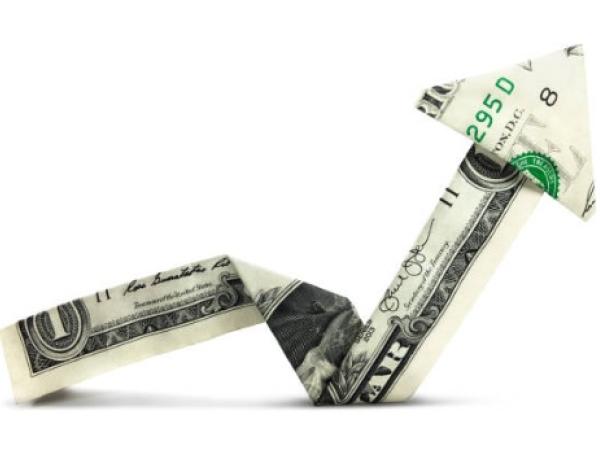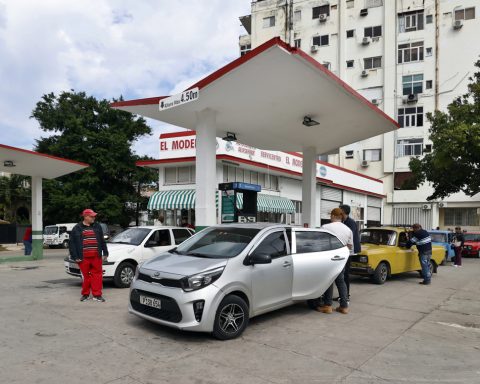The indebtedness of families with booklets and cards from retail stores and the default of families advanced in August. Indebtedness reached 19.4%, a percentage that represents an increase of 0.5 percentage point (pp) compared to the previous month and 1.2 pp compared to August of last year. Delinquency reached 29.6% of the total number of families in the country, the highest level since the beginning of the historical series in 2010.
The results were released today (5) by the National Confederation of Trade in Goods, Services and Tourism (CNC). According to the Consumer Indebtedness and Default Survey (Peic), carried out by the entity, the volume of indebtedness with these means of purchases has been growing since May this year.
The survey also showed that the increase in the indicator can be explained by the demand for direct retail credit by lower-income families. In the last four months, the indebtedness in the booklets for this part of the population grew by 1.8 pp and reached 19.8%.
According to CNC, the increase in debt was more significant for families with incomes of up to 10 times the minimum wage (1.1 pp), than for families with higher incomes (0.9 pp).
The CNC economist responsible for Peic, Izis Ferreira, said that the improvement in the labor market and more robust income transfer policies have favored the income of families in the lower ranges, but they face difficulties. “Inflation at a still high level challenges the purchasing power of these consumers. Credit has been an important way for them to sustain consumption,” she said.
Yearly
In the year, the increase in direct indebtedness in retail stores is 0.7 pp among families with up to 10 salaries of monthly income. In families considered the richest, it grew by 3 pp. Peic also pointed out that in the same period, the male public is more indebted in the booklets (19.5%) than the female (18.8%). “The proportion of men who contracted direct credit operated by retail grew 2.3 pp in one year; that number dropped by 1.1 pp among women,” added CNC.
In the last four months, the highest proportion of indebtedness in retail booklets occurred together with the reduction in credit card indebtedness (3.2% pp). The two modalities have a strong association with consumption in the retail trade.
For CNC president José Roberto Tadros, the movement is caused by the search for purchases with cheaper credit “Families are looking for cheaper credit alternatives due to the increase in interest rates, and the credit card was the type of debt with the second largest increase in average interest rates in a year through June, 17 percentage points, according to data from the Central Bank”, he observed.
household indebtedness
Also in August, the percentage of families who reported having debts due on post-dated checks, credit cards, overdrafts, store booklets, payroll loans, personal loans, car and house payments reached 79% of the total homes in Brazil. “The growth in the proportion of indebtedness accelerated in the monthly passage, with an increase of 1 percentage point. In relation to August of last year, the proportion of indebted individuals showed an increase of 6.1 pp”, informed the entity.
The proportion of women and men in debt is higher in August, with a more expressive monthly increase for men (1 pp). However, according to the CNC economist responsible for Peic, in the period from July to August there was an increase in women’s indebtedness. “Among the female audience, the volume of women in debt increased by 0.5 pp between July and August; within a year, however, women took on more debt than men, since the increase in indebtedness was greater for them”, he pointed out.
default
For the second consecutive month, the volume of consumers who were late paying consumer bills or debts rose. The second consecutive rise, which in August reached 29.6% of the total number of families in the country, occurred after delinquency remained moderate between April and June, as a result of measures to inject extra income, such as FGTS withdrawals and the anticipation of the 13th salary of INSS retirees and pensioners.
In the month, the proportion of families in arrears with bills or debts grew by 0.6 pp, while in one year it rose by 4 percentage points. Among the defaulters, 10.8% reported not being able to pay bills that were already overdue, and, therefore, will continue in default.
“The increase in the volume of families with overdue accounts occurred in the two income brackets surveyed, but was greater among families with lower incomes. This shows the challenges that these consumers continue to face in managing their monthly budgets”, said the economist.

















